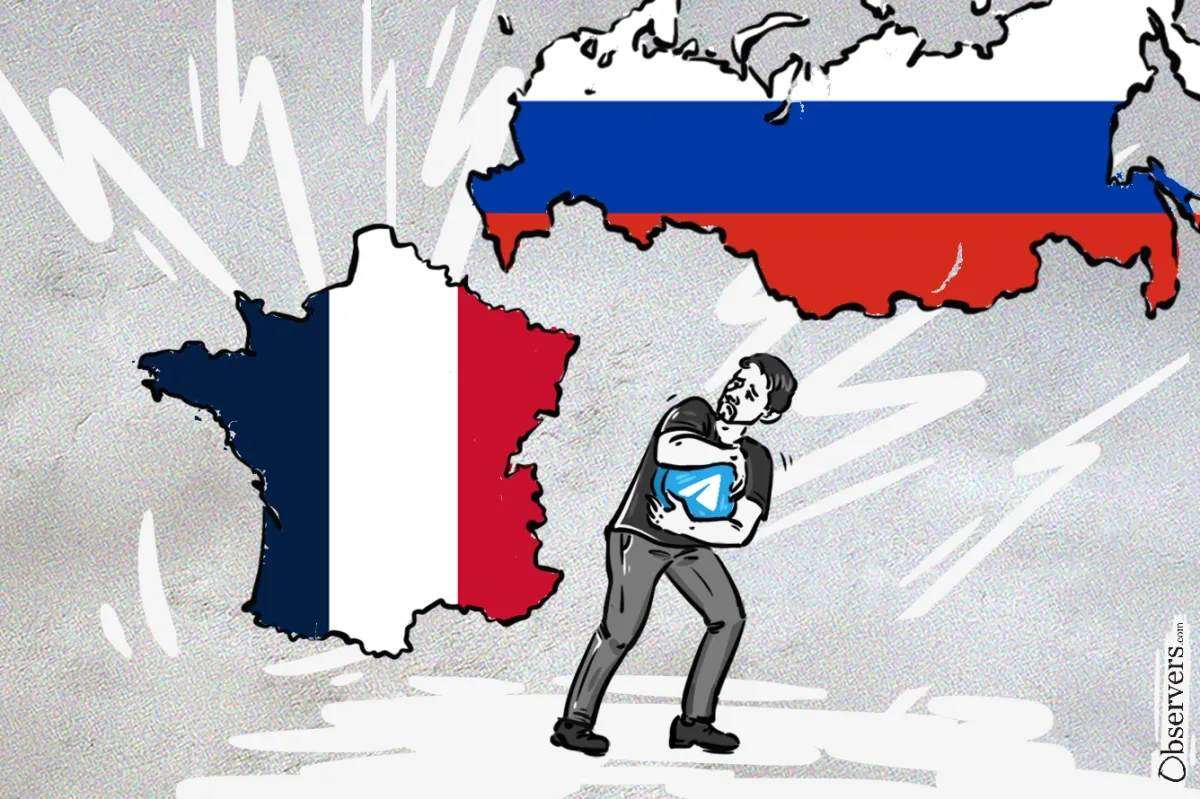
With French authorities breathing down his neck, Pavel Durov confirmed on his channel that Telegram was updating its privacy policy to better "discourage criminals" from abusing the app.
The guidelines announced on Monday expand the activities that cannot take place on Telegram and relax the conditions under which Telegram can share information with government authorities.
The announcement also highlighted the results of a special work group of moderators who, with the help of AI, have been eliminating "problematic content" on Search ever since the CEO was arrested.
The changes infuriated the Internet, with many users equating them to a death sentence. "They got Pavel," cried one user.
"That's effectively the end of Telegram," lamented another.
Understanding the Charges
Durov is currently under investigation in France where he is accused of managing a messaging app (Telegram) that facilitates illicit transactions and communications and of failing to cooperate with authorities on criminal investigations.
Immediately after the Russian-born entrepreneur's arrest at Paris–Le Bourget Airport on August 25, users flooded social media, outraged by the accusations' underlying assumption that Durov had any power over users' communications on the "encrypted" messaging app he founded with his brother Nikolai Durov in 2013.
In his public declarations since then, Durov has stressed that point of view, pointing out that the existing laws are not up to the challenge of regulating current technology.
"Using laws from the pre-smartphone era to charge a CEO with crimes committed by third parties on the platform he manages is a misguided approach," Durov wrote on his channel to his 13 million subscribers.
On the other hand, government officials in France and other European countries have emphasized Telegram's recurring refusal to cooperate with criminal investigations relating to the app's individual users.
"At the heart of this case is the lack of moderation and cooperation of the platform (which has almost 1 billion users), in particular in the fight against crimes against children," said Jean-Michel Bernigaud, secretary general of Ofmin - France's office dedicated to preventing violence against minors.
Understanding The Changes
Telegram's previous privacy policy read:
"If Telegram receives a court order that confirms you're a terror suspect, we may disclose your IP address and phone number to the relevant authorities. So far, this has never happened."
The same document now states:
"If Telegram receives a valid order from the relevant judicial authorities that confirms you're a suspect in a case involving criminal activities that violate the Telegram Terms of Service, we will perform a legal analysis of the request and may disclose your IP address and phone number to the relevant authorities."
In addition, Telegram's terms of service have been expanded.
Before, activities considered to be violations of the code of conduct were: sending spam to other users, scams, promoting violence, and posting illegal pornographic content on public channels, bots, etc.
Now, it also entails engaging in "activities that are recognized as illegal in the majority of countries. This includes child abuse, selling or offering illegal goods and services (drugs, firearms, forged documents), etc."
The changes increase the number of state agencies that can ask Telegram about user information, widen the pool of users who can be monitored, and, as a consequence, introduce the possibility of Telegram moderation on every private chat or public channel.
In doing so, they directly address what authorities consider Durov's greatest sin—his lack of cooperation with them.
Did Durov Bow? Yes, Durov Bowed.
In 2022, Durov declared his commitment to the confidentiality of user data, writing on X: " Nine years ago, I defended the private data of Ukrainians from the Russian government—and lost my company and my home. I would do it again without hesitation."
Durov was talking about the social media website VKontakte, which he founded and later sold as a form of protest against the Russian government's pressure on him to hand over users' personal data.
Unlike what the chief executive says the Kremlin did, or what users are suggesting online, French authorities are not asking Durov for direct information on users but for lawfully guaranteed access to the communications of suspected criminals.
Privacy, however, has blurry boundaries which, historically, governments cross.
So why did Durov comply without a fight when he has always been a champion of the privacy of his app users?

